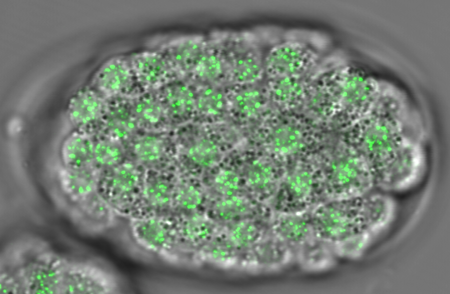Ageing, Developmental Biology & Disease at IMB

With advanced age, individuals become more prone to serious, long-term illnesses, such as cancer, cardiovascular disease and neurodegeneration. Age-related diseases cause millions of deaths every year and pose enormous challenges, both for individuals and society. Many aspects of cell biology contribute to diseases in old age, including genome stability, epigenetics and protein homeostasis. Developmental biology also has close ties to medicine and disease, as many developmental control genes continue to act during adult tissue homeostasis and may be important targets in cancer biology.
At IMB, our researchers work to decipher the key molecular mechanisms underlying ageing, development and disease, with the aim of understanding organismal development and ageing and making discoveries that can be translated into new treatments for disease. Several of our most recent conferences have focused on ageing, and IMB is one of the main partner organisations in the Science of Healthy Ageing Research Programme (SHARP) and Cohorts for Healthy Ageing (CoAGE) study.
Examples of research at IMB on these topics include:
- Telomere maintenance
- Genome stability
- Impact of protein disorder on cell biology
- Neurodegeneration
- Phase separation in cell fate determination
- Epigenomic changes in fertilisation and differentiation
- Role of chromatin regulators in development
- Sex determination
